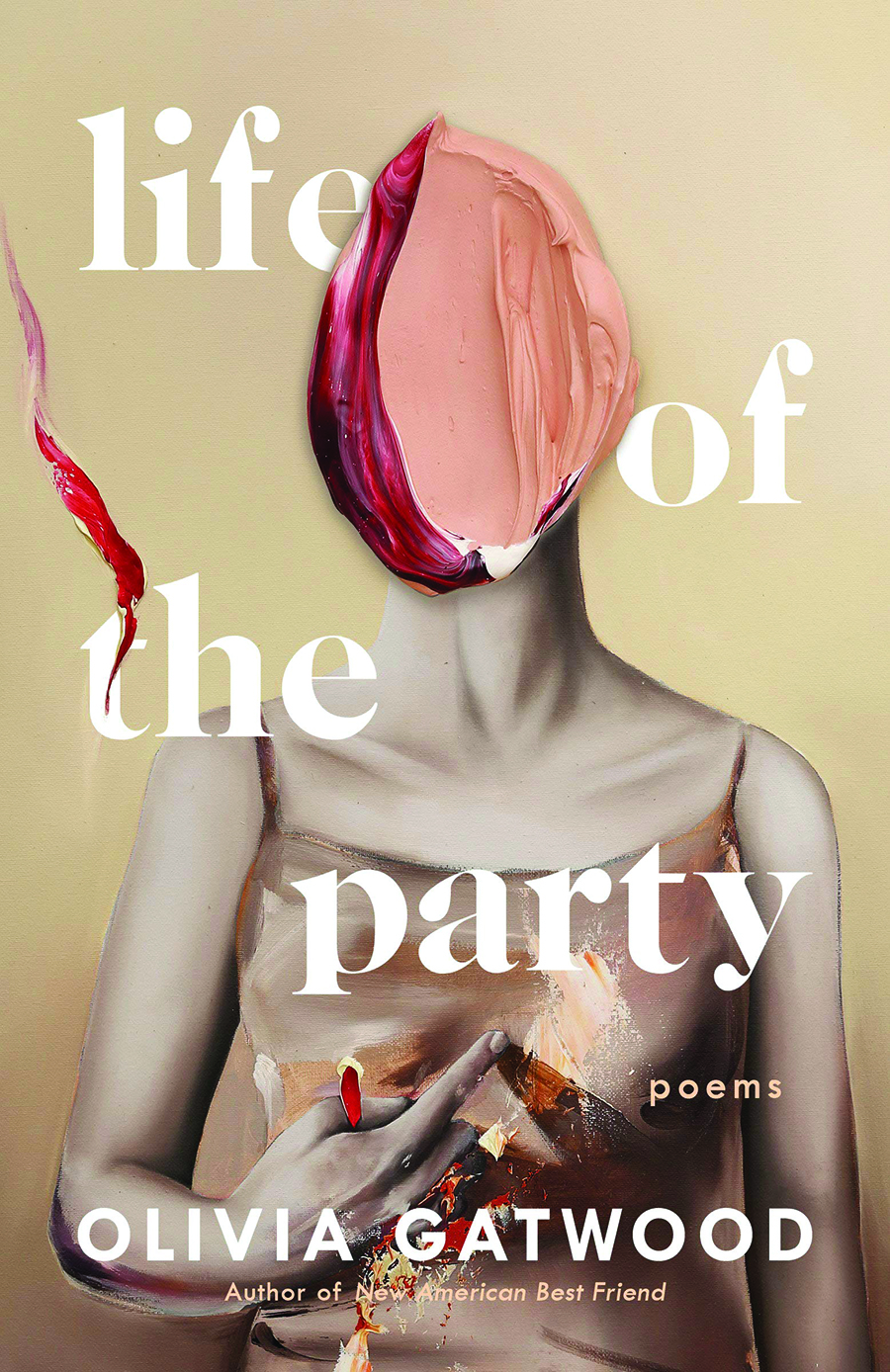I hate men.
I can’t abide ’em even now and then.
— Cole Porter, “I Hate Men”
bitch face is home
bitch face is cutting off the ladder
willing to burn in the apartment
if it means he can’t get in.
— Olivia Gatwood, “Ode to My Bitch Face”
A few days into the nationwide spree of looting, vandalism, and arson that accompanied protests over the May 25 death of George Floyd in Minneapolis police custody, Olivia Gatwood, a 28-year-old poet with a verified Twitter account and 32,000 followers, tweeted this: “burn it down. f— property. f— cops.”
The tweet went viral, with some commenters wondering why Twitter, which has become increasingly aggressive in its censorship of tweets alleged to promote violence, was letting Gatwood get away with advocating incendiarism. “So you’re cool if I burn your property?” said one of those negative souls. Gatwood, obviously stung by the hostile publicity, promptly rendered both her Twitter and Instagram accounts private. On Say More, a weekly podcast that she hosts along with fellow poet Melissa Lozada-Oliva, she complained about “MAGA pigs” and “white nationalists” who had made her life miserable on Reddit.
I hate most the athlete with his manner bold and brassy,
He may have hair upon his chest but, sister, so has Lassie.
Oh, I hate men!
— Cole Porter, “I Hate Men”
If I am ever murdered, like
body found in a ditch, mouth
stuffed with dirt, stocking
around my neck, identified
by my toenails, please don’t go
looking for a guilty woman.
— Olivia Gatwood, “My Grandmother Asks Me Why I Don’t Trust Men”
It turns out that Gatwood got her blue check mark because she is one popular poet, at least for her overwhelmingly female audience. She is a regular on the campus tour circuit and on YouTube, where her dramatic readings of her poems have drawn millions of views (the all-time favorite, “Ode to My Bitch Face,” alone has been seen more than 1 million times). By her account, she has been a finalist, if not quite a winner, in poetry slams, competitions in which poets shout out the most dazzling and/or shocking verses in front of live audiences. Indeed, Gatwood’s “f— property. f— cops” tweet, with its bardic mix of anaphora and outrageousness, had all the earmarks of the slam poet at work. In addition, she has a 2019 book, Life of the Party, published by the Dial Press, a division of the prestigious Penguin Random House, quite a coup for a woman whose only previous poetic print publication was a skinny, obscurely published chapbook. A back-flap photo reveals that she looks a poet, too: a brunette bouffant, a sleeve tattoo, and a melancholy air of being much put-upon.

But it’s an odd book, so odd that I started to wonder if it wasn’t an elaborate and slyly humorous sendup. It starts with the opening sentences in the introductory “Author’s Note”: “In June in Boston, the sun rises at 5:10 a.m. I know this because, one week, I stayed up every night until that exact minute.” Wait! Doesn’t the sun rise at a different time every day, even in Boston? Gatwood’s sleeplessness, owing to her reported fear of having a stranger break into her apartment and strangle her, is prelude to the overarching theme of the 160-odd poems that follow: men, and how just plain scary they are. Every male in Gatwood’s life seems to be a serial rapist: “men whose names I know — men I loved and trusted — who violated my body, the bodies of my friends, the bodies of their daughters, and, I’m certain, the bodies of countless women I do not know.”
Here she is in “Ode to My Bitch Face”: “just trying to dance at the party / then someone asks you to smile / and the blood begins to riot / smile, and you chisel away at your own jaw.” Yikes! And in “Addendum to No Baptism,” in which the child Olivia injures herself on a backyard slide and “the next-door neighbor / hovered his splayed fingers / above my newborn wound.” Some of the poems describing the degradations that the men in Gatwood’s life have reportedly visited on her are obscenely graphic and cannot be quoted here. But what are we supposed to make of the neighbor who threatens to shoot his daughter’s dog in the mouth or the other neighbor who laughs too hard at a joke about a blonde being hit by a train? Or the fact that Gatwood devotes three separate poems to making a role model out of Aileen Wuornos, the Florida prostitute executed for murdering seven of her johns? Call me dismissive, but I finally started regarding Life of the Party as a 21st-century update of “I Hate Men,” the witty spoof on misandry that Cole Porter wrote for his 1948 musical, Kiss Me, Kate.
You would think that Gatwood had grown up with the jackbooted “Daddy” in Sylvia Plath’s poem of that name, but, in fact, both her parents, who raised her in Albuquerque, New Mexico, seem to be amiable free spirits who let their daughter do pretty much what she liked. Her father is a retired middle school teacher who spends a lot of time with motorcycles, and her mother is a onetime sex educator who now has an online business decorating people’s mailboxes with mosaic tiles. So, I don’t worry too much about Gatwood, no matter what she’s thinking about police officers and fires. I do worry about her mostly female fans, who seem to range in age from teens to middle age. A Jan. 7 New York Times profile of Gatwood described them as bursting into “roaring applause” when she performed “Ode to My Bitch Face.” You don’t want them getting too inspired by Wuornos.
Charlotte Allen is a Washington writer. Her articles have appeared in Quillette, the Wall Street Journal, USA Today, and the Los Angeles Times.
